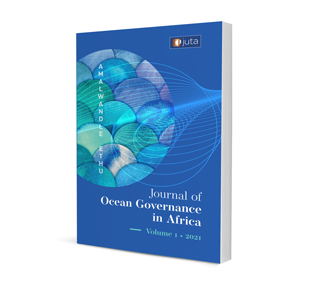The International Seabed Authority and the Enterprise: How Africa is reinvigorating the principle of the common heritage of mankind

The International Seabed Authority and the Enterprise: How Africa is reinvigorating the principle of the common heritage of mankind
Author: Mehdi Remaoun
ISSN: 2521-5442
Affiliations: Diplomat, Algerian Ministry of Foreign Affairs
Source: Amalwandle Ethu: Journal of Ocean Law and Governance in Africa, 2021, p. 1 – 37
https://doi.org/10.47348/JOGA/2021/a1
Abstract
This article focuses primarily on a submission made by the African Group of States to the International Seabed Authority (ISA) on the operationalisation of the Enterprise. The latter is one of the organs established under Part XI of the 1982 United Nations Convention on the Law of the Sea (LOSC) and guided by the principle of the common heritage of mankind (CHM). Following several years of the status quo remaining unchanged, the start of the development of the exploitation regulations for deep seabed mining has led to louder calls to operationalise the Enterprise. This article first outlines the origins and legal foundations of the concept ‘Enterprise’. This is followed by discussions on the status of this organ prior to the African Group’s submission, the main elements contained in the submission as well as the reactions to, and the impact of, the submission. Beyond the issue of the Enterprise, this article also considers other attempts of the African Group to give full effect to the CHM principle in the ISA as well as the Group’s attempts to enshrine the CHM principle in a potential third LOSC implementing agreement on marine biodiversity beyond national jurisdiction. It concludes with critical observations that put the various aspects discussed into perspective.